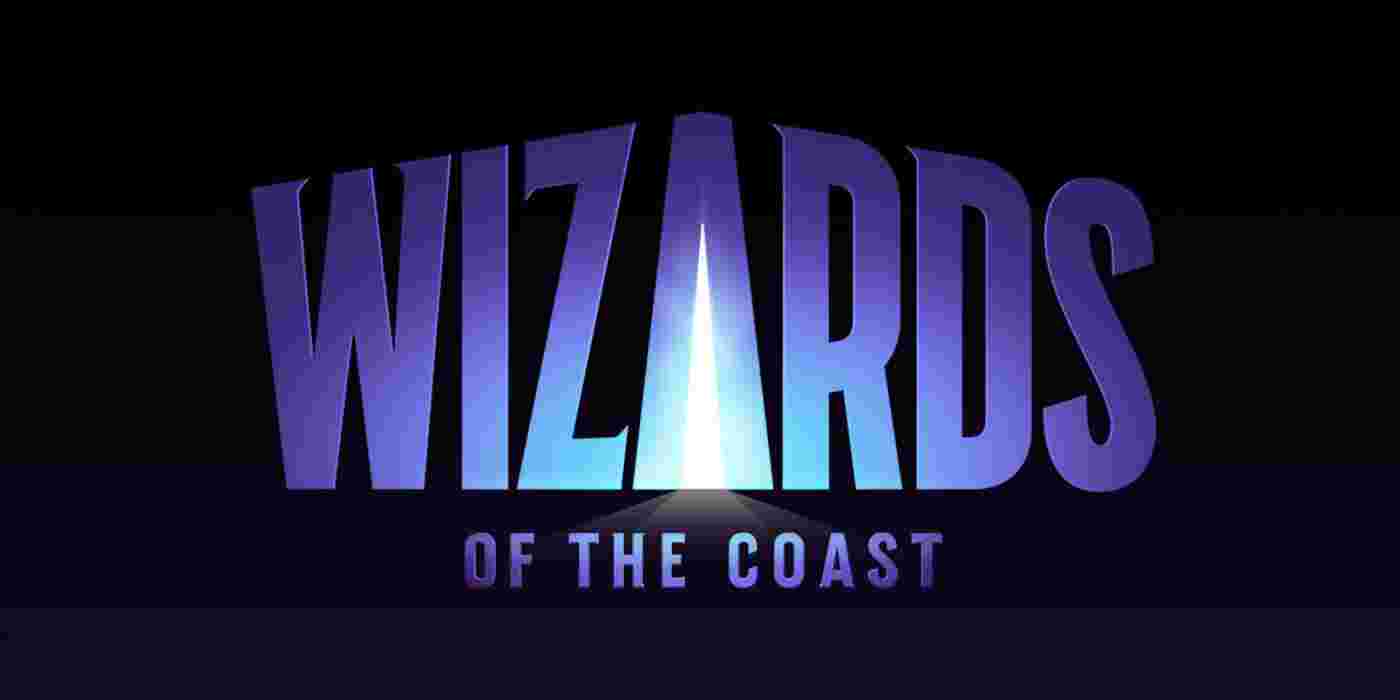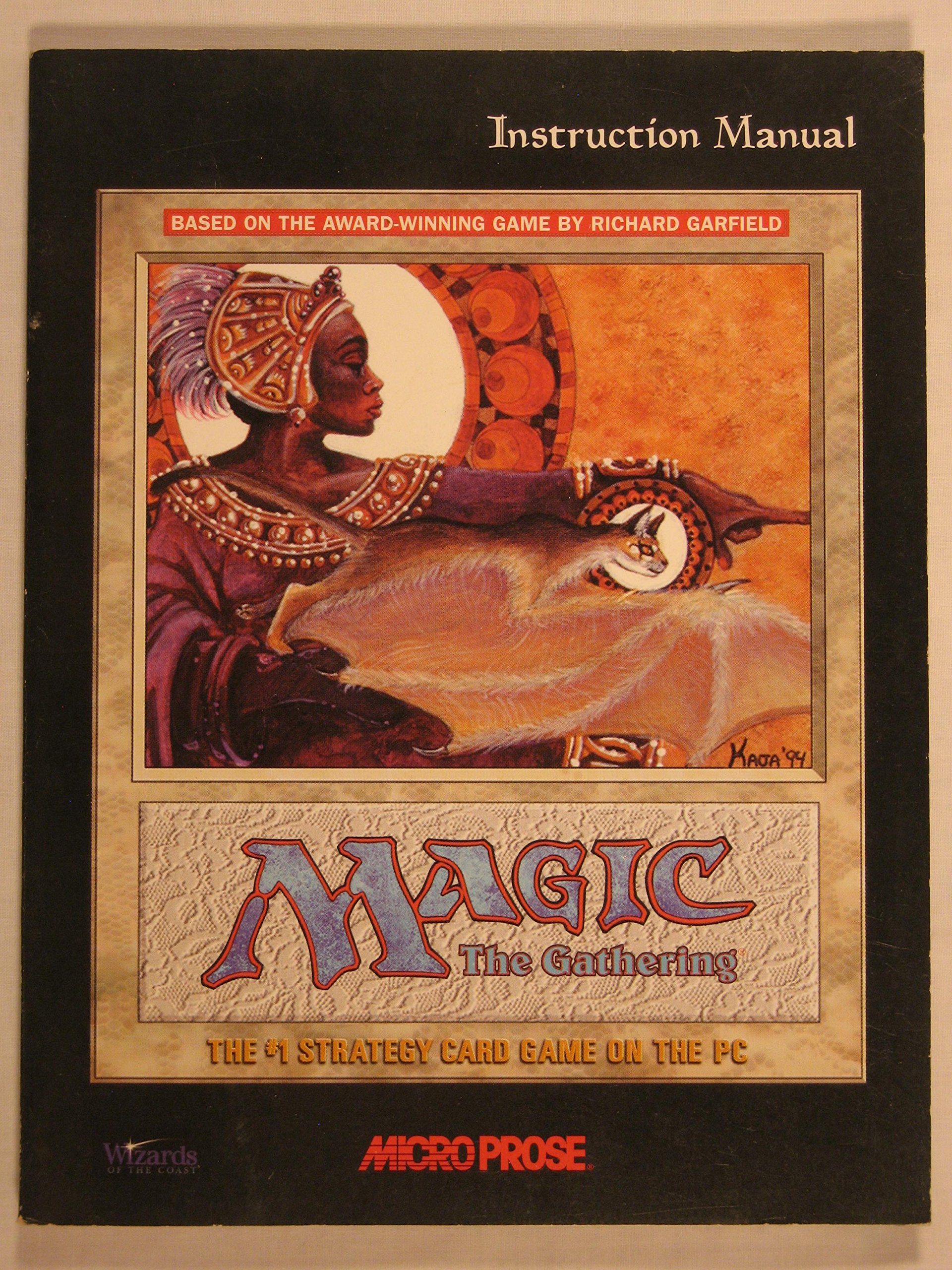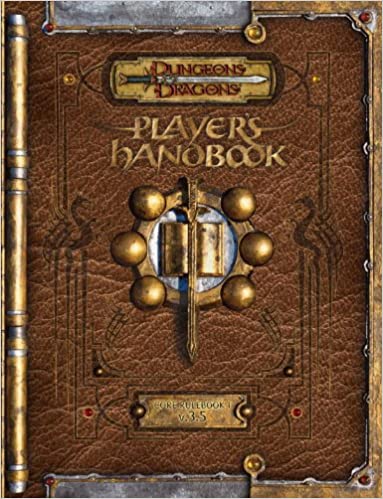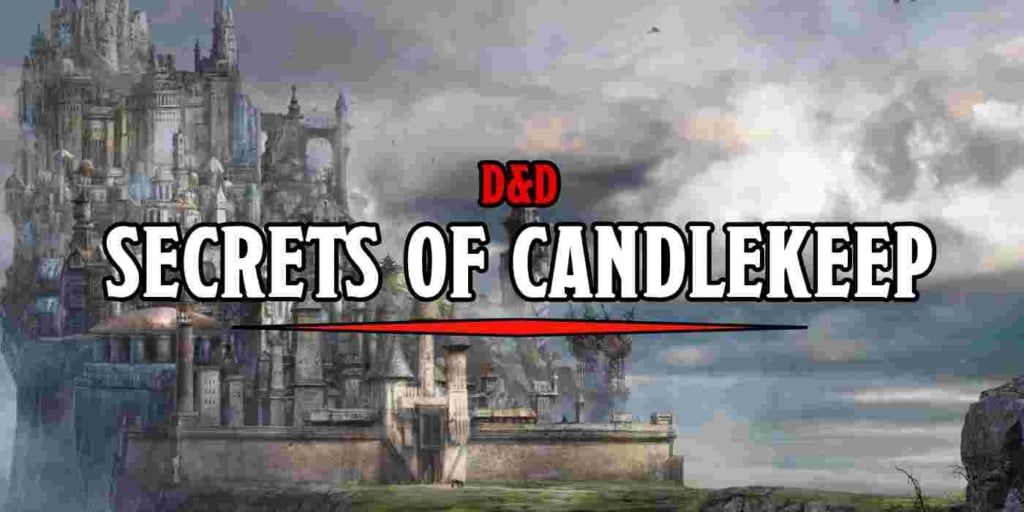As Of 2021 WotC Will Have Owned D&D Longer Than TSR


In 1997 Wizards of the Coast bought Dungeons & Dragons from TSR, keeping the game in print. Now they’ve owned it longer than the original.
If the last year has proved anything, it’s that time isn’t real. And yet, here we are, once again marking the passage of inevitability and watching as we crumble away to dust, ancient and forgotten. Kind of like TSR did after Wizards of the Coast acquired Dungeons & Dragons, which brings us to our story today.
24 years ago, in the halcyon days of 1997, when Batman & Robin had nipples on their bat-suits the way it was always intended:
When Satoshi Kon’s visually astounding, genre-defying Perfect Blue was just waiting to blur the lines between fantasy and reality.
And it’s also when a game called Magic: the Gathering had put Wizards of the Coast in a big way. For context, this was during the early heyday of the game–it was everywhere, and had been making waves in the tabletop gaming industry like no one had ever seen before. If you were around then, you might remember how suddenly every popular entertainment franchise had a collectible card game as publishers scrambled to catch the CCG wave in 1993. And by 1997, they had just released a video game through MicroProse around this time 24 years ago. And that’s when Peter Adkison, founder of Wizards of the Coast, and avid player of Dungeons & Dragons in his youth, decided to acquire the license to it, adding another long link in the almost forty-five year history of the game.
When WotC acquired TSR and the license to Dungeons & Dragons, TSR had been facing considerable financial debt brought about by too rapid growth and too scattered audiences. In the end, as the RPG industry shrunk and distributors were adapting to a changing market, TSR was left in deep debt with seemingly no way out.
As Ryan Dancey, one of the minds behind the OGL put it:
In all my research into TSR’s business, across all the ledgers, notebooks, computer files, and other sources of data, there was one thing I never found — one gaping hole in the mass of data we had available.
No customer profiling information. No feedback. No surveys. No ‘voice of the customer.’ TSR, it seems, knew nothing about the people who kept it alive. he management of the company made decisions based on instinct and gut feelings; not data. They didn’t know how to listen – as an institution, listening to customers was considered something that other companies had to do – TSR led, everyone else followed.
I know now what killed TSR. It wasn’t trading card games. It wasn’t Dragon Dice. It wasn’t the success of other companies. It was a near total inability to listen to its customers, hear what they were saying, and make changes to make those customers happy. TSR died because it was deaf.
But, ironically, one of the big factors in TSR’s decline was there to save its greatest legacy, as WotC purchased Dungeons & Dragons on April 10, 1997. Later this year, they will have owned Dungeons & Dragons longer than the company that created it–which is enough to make anyone fade into dust. WotC kicked off their stewardship of the game with 3rd edition, and it’s been quite a ride now as we pass this milestone.
With 5th Edition facing the biggest boom it’s ever seen, one has to wonder what else lies in store for Dungeons & Dragons and the industry it created.
Happy Adventuring!








